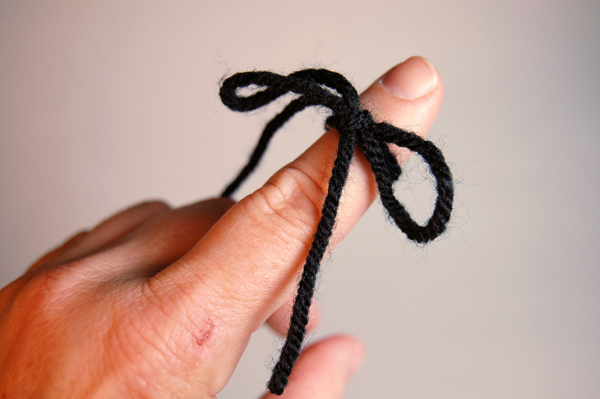I don’t have an uncanny memory. I try hard to remember names because it communicates love and respect so tangibly, but otherwise I can barely remember what day of the week it is.
At the same time, I don’t think I missed a single assignment in high school or college (mostly because I’m a nerd) and I always finish my work when I say I will. How does that all happen? First and foremost, by not relying on my brain and these other seven secrets.
1. Don’t trust yourself.
I don’t have an unlimited memory capacity. So the first step to remembering everything is acknowledging that I can’t remember it on my own. I need to have a system and I need to actually use that system to make sure everything gets done.
2. Write everything down.
This is the first step to not relying on your brain for anything. At all. If you want to remember to eat, write it down. If you catch yourself saying, “Oh, I’ll remember,” (warning: irony alert) remind yourself that you’re wrong, and then write it down. Don’t write it on a napkin or a tiny scrap of paper or your hand like you’re copying down your middle school crush. Get a notebook (I’m partial to this pocket Evernote Moleskine) or app (like Evernote) or hipster PDA and keep everything written in the same spot.
3. Set reminders everywhere.
Use a calendar to remind you. Use emails to jog your memory. Set alarms, auto alerts and have text messages sent to you automatically (from services like IFTTT). Have a plane skywrite your to-do list if you have Scrooge McDuck piles of cash lying around and don’t want to pay someone to do the things you’re supposed to be remembering to do.
Put multiple alerts on really important or irregular items. Do everything you can to not trust yourself. Will those services fail at some point? Probably. But they are far more reliable than your own memory. Also, Evernote recently added a reminders feature you should check out, but I haven’t dug into it yet.
4. Use triggers.
Use a trigger to remember to check your list if you need to take things with you before you leave home or the office. Put a post it on the door before you walk out that says “Check your list” or put your list on top of your shoes or under your keys so you can’t leave home without seeing and reviewing it.
5. Use your inbox as a to-do list and reminder central.
Once there’s nothing left for me to do with an email, I archive it and get it out of my face. Anything left in my inbox is an automatic reminder that something needs to be done. I use the Mailbox app on iPhone to have messages reappear at set times and dates when I need to follow up later or when I’m waiting for a response from someone else. That’s a big deal because I don’t have a long list of things I can’t do anything abut hanging around in my inbox.
We had to pay our rent in person in Slovenia, so I’d put a recurring event in my Google calendar and in the event details I’d change the reminder from pop up to email two days prior. Then I’d have a few days of buffer to pay the rent and and I’d leave it that email reminder in my inbox until it was paid.
For example, if I have a flight itinerary, I’ll set it to delay in Mailbox and reappear in my inbox 24 hours before departure, reminding me to check-in online and review my departure time. Apps like Boomerang for Gmail do the same thing, but Mailbox does the trick for me.
Of course, it should go without saying here that you need to actually check your email at least daily for this to work (but I doubt the issue for you is checking your email too infrequently.)
6. Automate everything.
I don’t forget to transfer money to our savings because it’s automatic. All of our giving other than our tithe (which we write with a cryptic payment method called checks) is on autopilot too. Our cellphone is paid by our checking account’s recurring bill pay automatically. We don’t autopay our credit card so I can check for any sketchy charges, but I do leave the bill due reminder in my inbox until I’ve set up the payment.
7. Set an earlier deadline for yourself.
If a project is due on the 10th, promise yourself that you’ll be done by the 8th and treat that as a hard deadline. Something always goes wrong when you’re pressed for time, and it’s not worth the stress of last-minute frantic work. So get things done early, turn them in slightly early (so your boss doesn’t shorten your deadlines in the future because of your mad productivity) and enjoy the relief of being a champion at meeting deadlines.
8. Make promises.
I always want to do what I say I’ll do—it’s the most practical form of integrity. My parents proved to me the value of keeping promises and it greatly influenced my gumption in sticking to my word. Of course there’s grace if you do break a promise, but don’t make promises you can’t keep in the first place. I think it’s the most effective way to make a difference and get noticed. Integrity goes a long way. Keep the promises you make and work hard to make sure you honor your word.
Question: How do you keep from dropping the ball? What are your best tips for remembering everything?
Photo provided by juliaf

